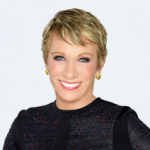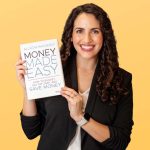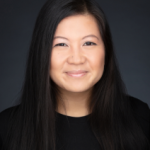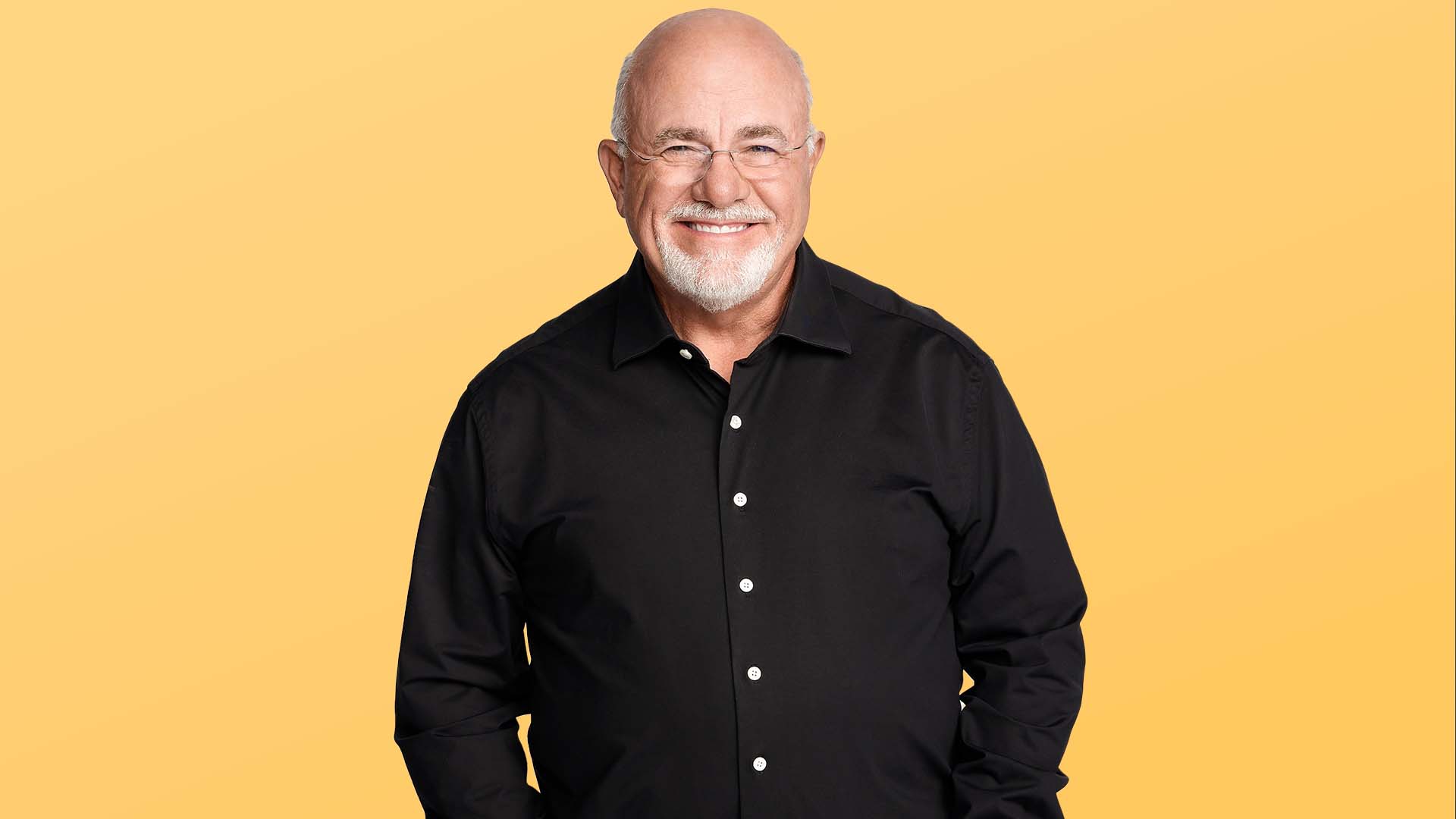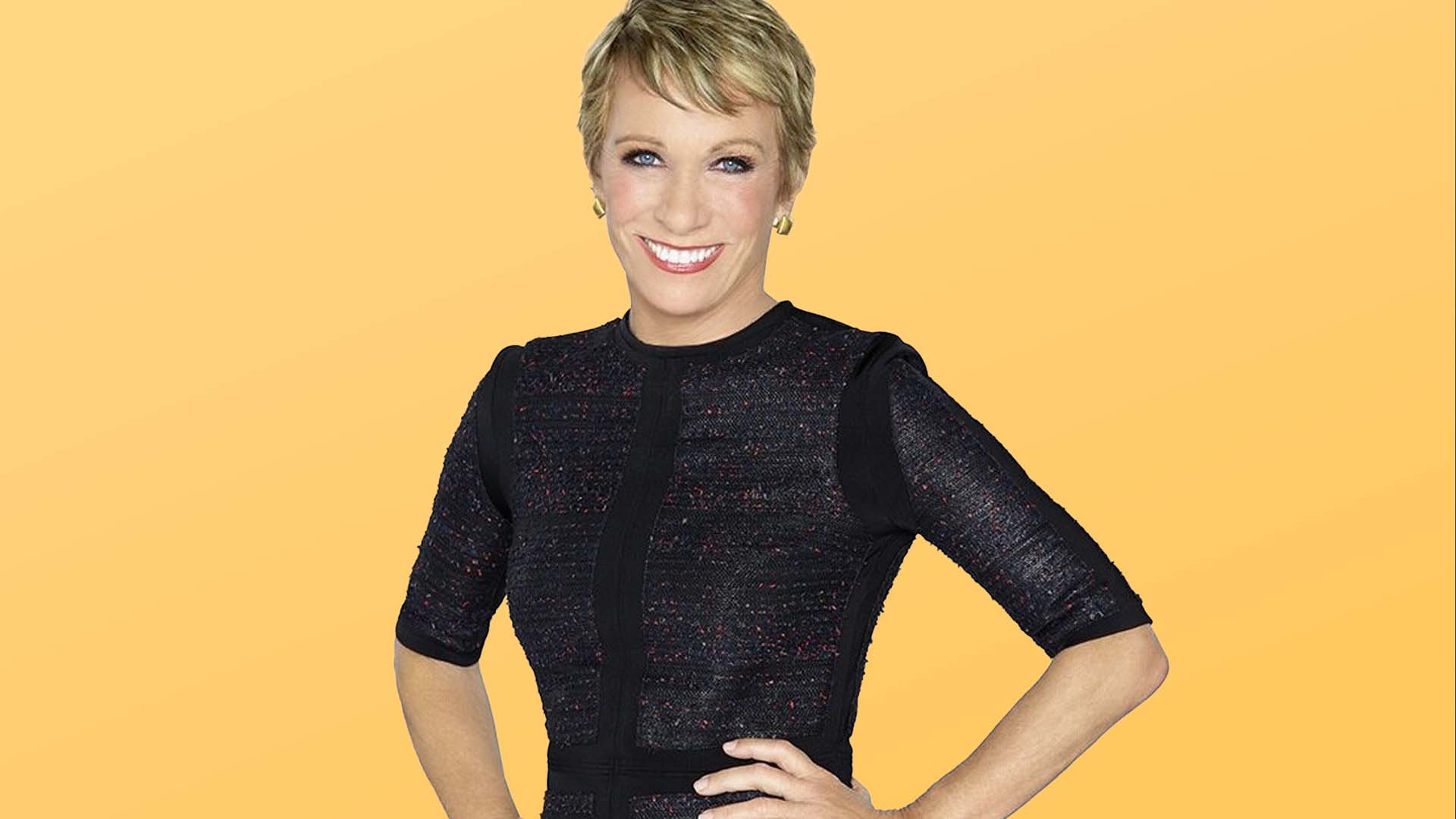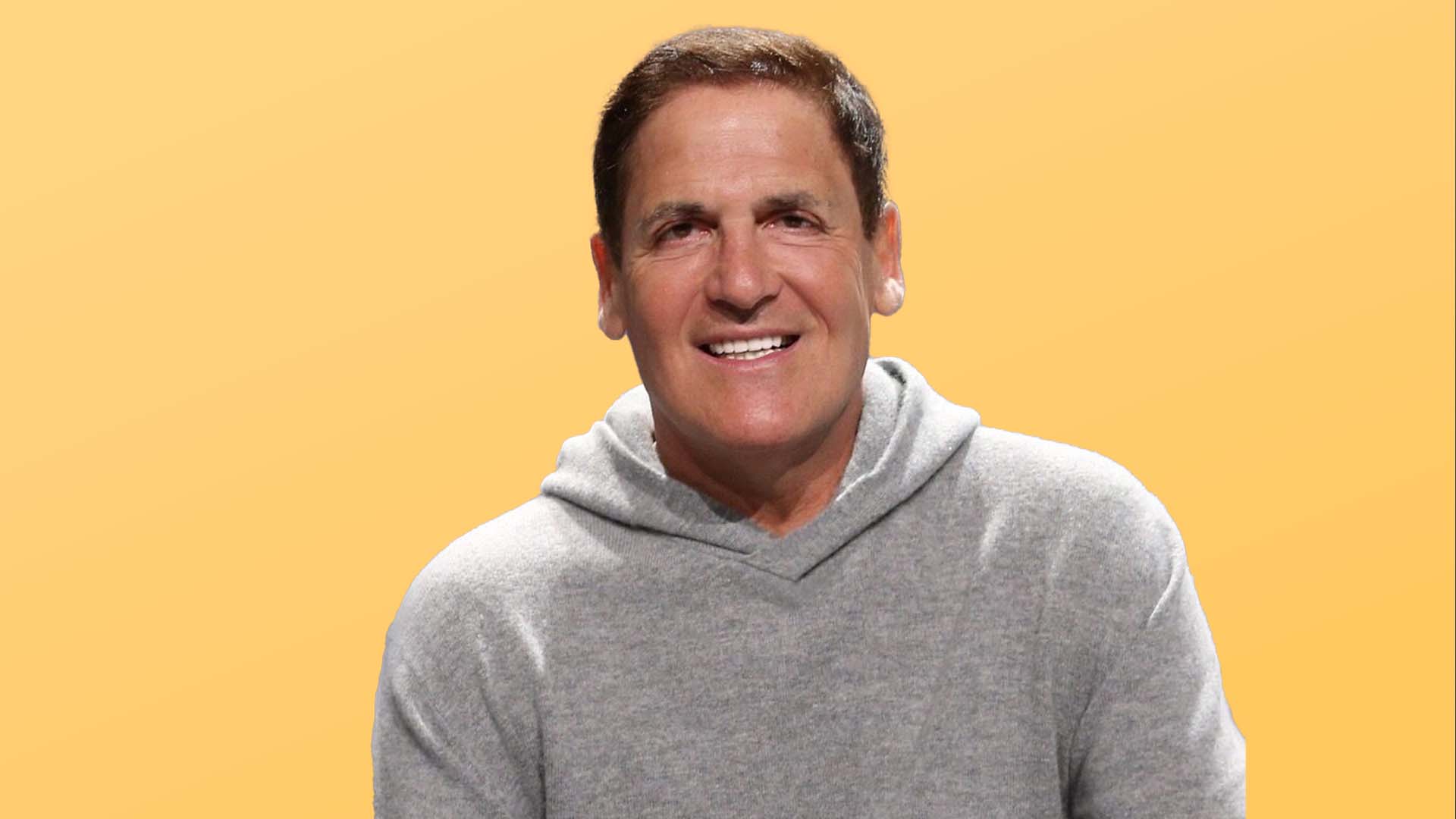5 Money Rules Dasha Kennedy Broke and Still Got Richer

Commitment to Our Readers
GOBankingRates' editorial team is committed to bringing you unbiased reviews and information. We use data-driven methodologies to evaluate financial products and services - our reviews and ratings are not influenced by advertisers. You can read more about our editorial guidelines and our products and services review methodology.

20 Years
Helping You Live Richer

Reviewed
by Experts

Trusted by
Millions of Readers
When it comes to personal finance, most of us are taught a strict set of rules. Don’t carry credit card debt. Stick to your budget no matter what. And for heaven’s sake, don’t talk about money with friends.
But Dasha Kennedy, founder of The Broke Black Girl, hasn’t always followed those rules. In fact, in an Instagram post, she admitted to breaking many of them. The twist? Those so-called “bad” money moves didn’t stop her from building wealth. Instead, they helped her survive, stabilize her family and eventually thrive.
Her story is a reminder that money rules aren’t commandments. They’re guidelines, and sometimes, survival matters more than perfection. Here are five money rules Kennedy broke and still got richer.
1. Never Carry a Credit Card Balance
When the choice was between paying off her card or keeping the lights on and feeding her kids, Kennedy chose survival. Carrying a balance wasn’t about recklessness; it was about getting through a hard time.
If you must carry a balance, make sure it’s only temporary. Pay more than the minimum when possible, and use credit as a bridge, not a lifestyle, per Kennedy. According to Forbes, the average American carries $6,473 in credit card debt. If you ignore debt, it can snowball, but if you manage debt strategically, it can be a lifeline.
2. Never Finance a Car
Kennedy financed her car because she needed reliable transportation to get to work and take care of her kids. For her, the car wasn’t a luxury. It was a necessity.
Kennedy explained that financing a vehicle isn’t inherently bad, but over-financing is. She advised not financing more than you can afford to pay for each month, aiming for the lowest interest rate possible and paying extra toward the principal when you can.
Experian reported that the average new car loan now tops $40,000, with monthly payments over $700. That’s a heavy load for most households. Instead, shop for a reliable, used vehicle that gets you where you need to go without wrecking your budget.
3. Always Buy, Never Rent
Kennedy rented during seasons of life when buying a home wasn’t realistic for her. She explained that renting gave her flexibility, peace of mind and fewer responsibilities when her life was still in transition. Don’t beat yourself up if you’re renting, as it may just be the right thing for you to do at this time in your life.
“Homeownership is powerful, but it’s not the only path to stability,” Kennedy said. Use renting as a stepping stone while you save, stabilize your income and prepare for the responsibilities of owning.
4. Stick To the Budget No Matter What
Kennedy said she sees budgets as maps, not handcuffs. When life threw her curveballs, she adjusted her budget instead of beating herself up for breaking it.
Remember when you’re budgeting that flexibility is key. A rigid budget often collapses the first time reality doesn’t match the spreadsheet. Instead, track your changes, reroute when needed and always circle back.
5. Don’t Talk About Money With Friends
Kennedy believes silence around money costs more than overdraft fees. She explained that some of her best financial hacks and reality checks came from open conversations with friends. Money secrecy, on the other hand, can keep people stuck.
Research from the University of Cambridge showed that by age seven, financial habits are often already formed. Open dialogue around money can help break generational cycles of misinformation.
Kennedy advised building a circle of trusted people where money isn’t taboo. She suggested sharing strategies, comparing notes and reminding each other that you’re not alone.
 Written by
Written by  Edited by
Edited by 





















